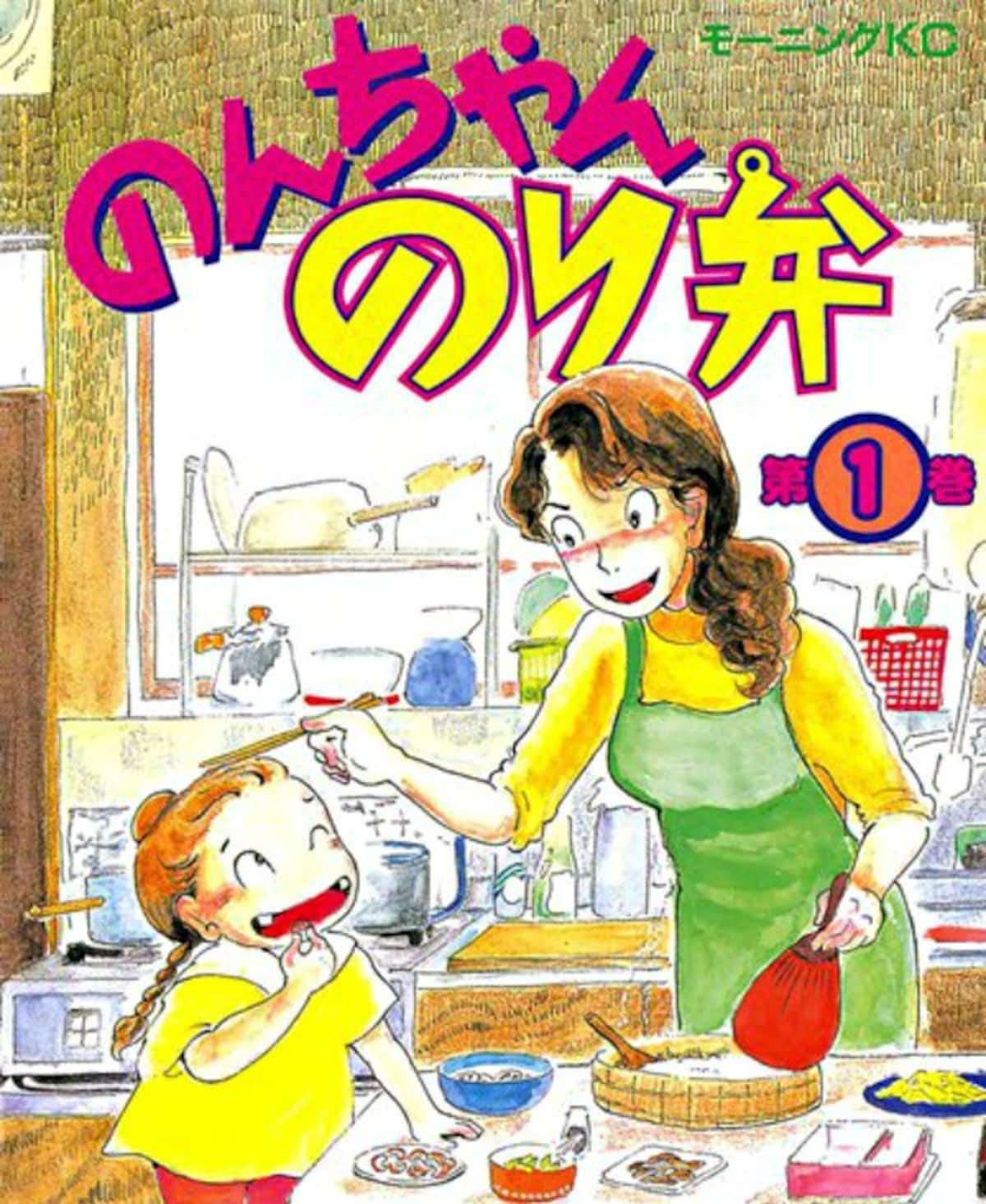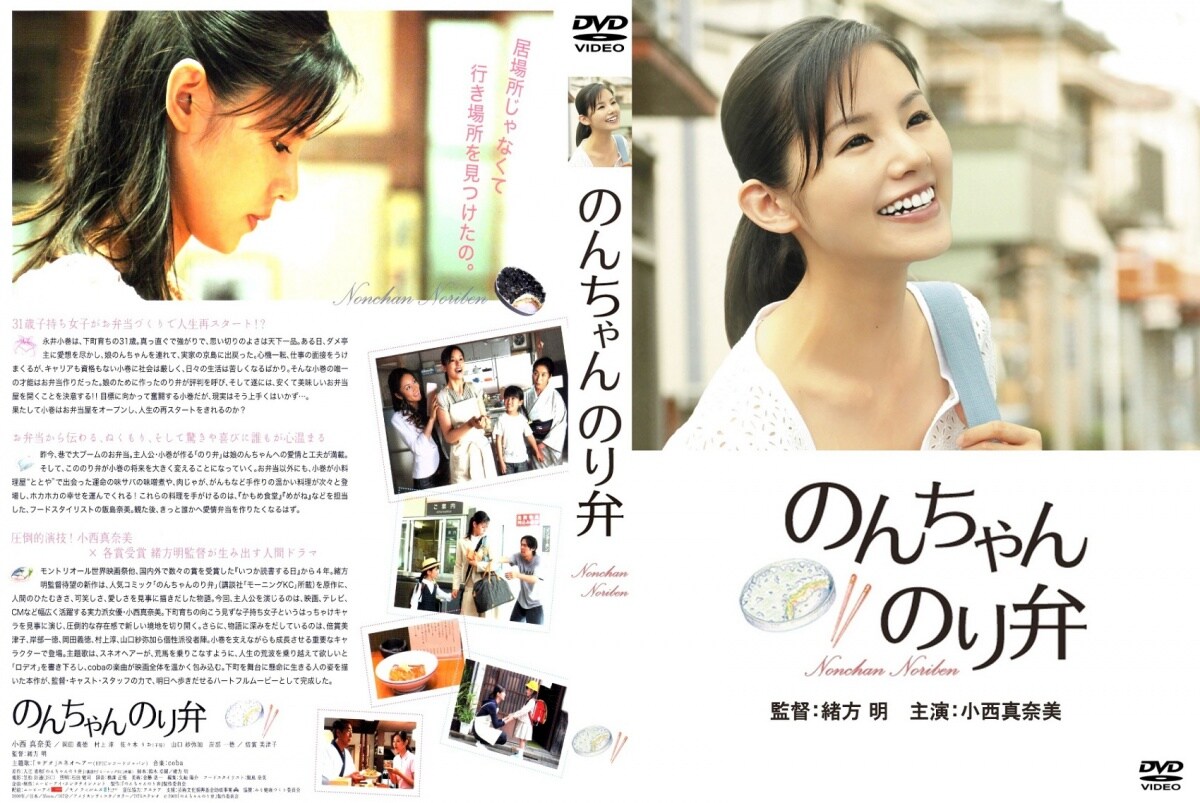How a Bento Manga Changed the Rules for Women
Popular in the late 90’s, Nonchan Noriben follows one woman’s journey to re-start her life.
By Maya Malloy
http://haishin.ebookjapan.jp/contents/thumb/m/NONCH160.jpg
Komaki, a housewife who recently left her husband to live with her daughter, Nonchan, struggles to find a place back in society. With no special skills or work background, Komaki stumbles upon a restaurant and is inspired to use her cooking skills to start her own bento store.
Originally a manga turned television series written by Kiwa Irie, Nonchan Noriben delves below the surface of the social interactions and endeavors of women in Japan. Komaki is portrayed as a “typical” Japanese housewife, with readers or viewers led to understand she has little of her own to offer.
https://www.youtube.com/watch?v=GJxDT3T0Ip4
Women in Japan are often depicted as the man’s backbone, supporting their husbands from home. This series takes a twist on the stereotypical image and plays on Komaki’s inability to find a place in society as she takes small steps to break through, at the same time exploring her talent for cooking—particularly the bento boxes she prepares for her daughter.
Why bento? Or more specifically, why noriben bento? Noriben, a traditional style of bento with layers of seaweed, happens to be one of Komaki’s specialties as she finds herself determined to bring back the underlying elements of what delicious meals bring to the home and ultimately to herself. The noriben, although aesthetically plain, holds a special spot in Komaki’s heart, bringing a breath of warmth and love to her life.
http://umeko301.blog.fc2.com/blog-entry-36.html
With her previously mundane life now interrupted, Komaki’s story explores social ideas of marriage and what it means to be a woman. At the time of the manga’s first publication in 1995, divorce was still seen as taboo in Japan. The series takes the audience through an unseen side of late-20th century single motherhood.
With her cooking skills at hand, Komaki’s peers teach her how social expectations and labels aren’t barriers to finding her true passion. While striving to find the balance between re-starting her life and the stability to provide for her daughter, Nonchan Noriben follow’s Komaki as she sweats under the social pressure to be a good mother, providing heart- warming side stories of her daughter’s adventures and troubles at school and at home while Komaki cooks her way right back into Japanese society.





